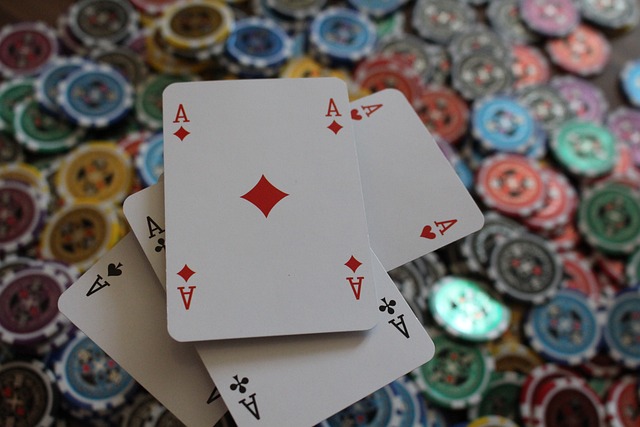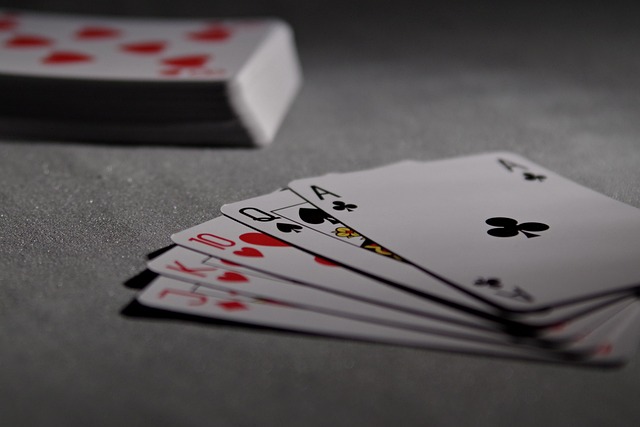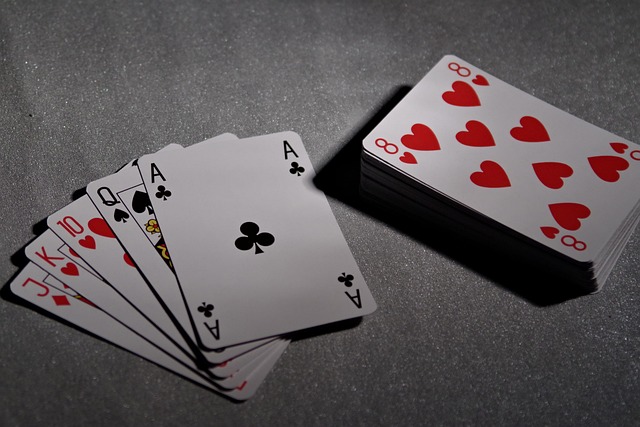
Psychological impact of losses on recreational gamblers
Gambling has been widely studied for its psychological effect, especially on problem gamblers. Financial losses, problems in personal relationships, and consequences on mental health are investigated. But there is a less explored group: recreational gamblers. They gamble for fun and occasionally, without falling into addictive behavior. Even so, losses can affect their emotional well-being. Therefore, continue reading this article to make sure you are aware of the impact of losses on your psychological well-being.
The recreational gambler
This type of gambler is different because he has control over his behavior. He plays with limits and not compulsively. For him, gambling is just entertainment, a way to disconnect. However, constant losses can generate negative emotions that should not be ignored. Emotions after a loss
Initially, recreational gamblers see losses as part of the game. They are aware that they can lose, and they accept this. However, if losses become more frequent or larger, emotions change. Frustration sets in when the results do not meet their expectations. They gamble with the hope of winning or at least not losing too much. When this does not happen, they feel disappointment and loss of control.
Guilt is also common, especially if they spend more than planned. Although they generally gamble in a healthy way, the lack of control sometimes generates remorse, affecting their emotional well-being.
Stress and anxiety

Stress is another key factor. The uncertainty of gambling can be a source of tension, especially when losses exceed winnings. This stress carries over to other areas of their life, affecting work, relationships or physical health. Although losses do not put their financial stability at risk, they do generate worry. This imbalance between expectations and reality can cause anxiety in their financial decisions.
Impact on self-esteem
The chance and competition surrounding gambling can damage self-esteem. Repeated losses can cause a gambler to doubt their decisions and abilities, both in and out of the game. Although this effect is more common in problem gamblers, it can also affect recreational gamblers.
Perception of control
Feeling in control is essential for recreational gamblers. When they lose more than expected, this feeling is threatened, leading to negative emotions. Loss of control, even if temporary, can damage their psychological well-being.
Coping mechanisms

Unlike problem gamblers, recreational gamblers tend to handle losses better. They can stop when they feel it is necessary and separate gambling from financial problems. However, some try to recover what they lost, which worsens their discomfort. Therefore, it is crucial that they maintain a realistic perspective. Setting clear limits and accepting the emotions derived from losses helps reduce their psychological impact.
Look at Your Emotional Well-being
Although the psychological consequences in recreational gamblers are not as serious as in problem gamblers, they should not be minimized. Frustration, stress and guilt can take a toll on your emotional well-being, especially if losses become frequent or significant. So it’s important to recognize these impacts and develop coping strategies.